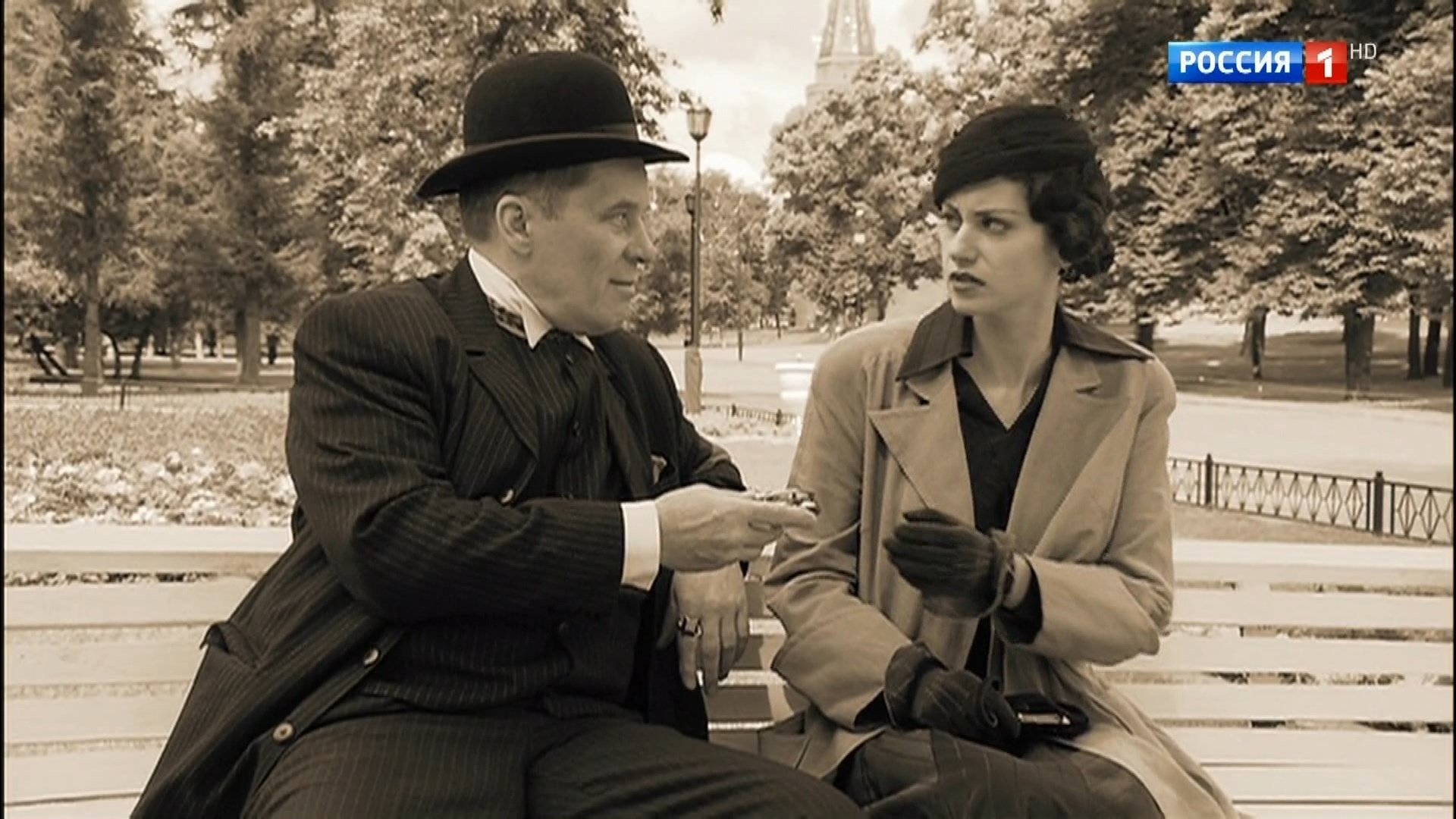
It has been cited as the inspiration for The Rolling Stones’ “Sympathy for the Devil.”Īnd while many focus on Bulgakov’s posthumous triumph, the examination of his entire career raises another pressing question: Faced with constant censorship and artistic oppression, why did he continue to write? Over the span of two decades, he wrote dozens of short stories, four novels, and ten plays.

It has been translated into every major world language and rendered in countless film and television and stage productions. Only in 1973 was it published in its entirety. Heavily censored, The Master and Margarita first appeared in serialized form in 19. His widow, who was the inspiration for his Margarita, recognized the inherent danger of his satirical portrayal of Soviet bureaucracy and hid the manuscript until after the death of Stalin.

He’d spent his last 12 years working on a novel in secret- The Master and Margarita.

But his life as a writer in Moscow from the early 1920s until 1940 was replete with informants and searches, censorship and secrecy, until it ended suddenly and tragically at the age of 49. Before his death at a Siberian transit camp in 1938, Osip Mandelstam famously uttered, “Only in Russia is poetry respected-it gets people killed.” Today, Mikhail Bulgakov is one of the most iconic Russian authors.


 0 kommentar(er)
0 kommentar(er)
